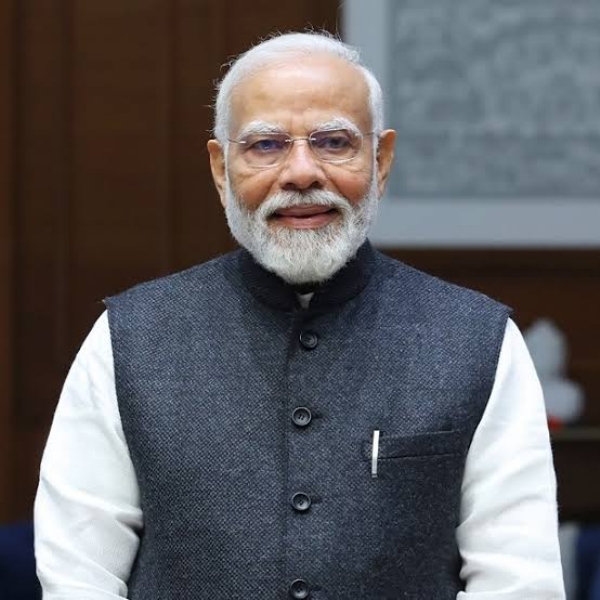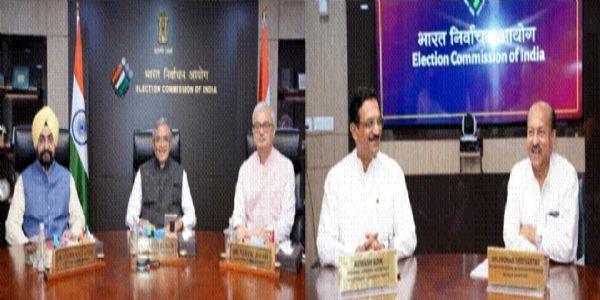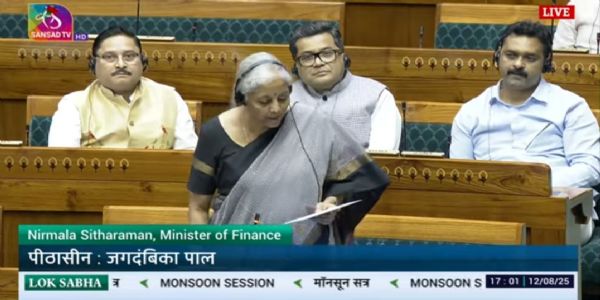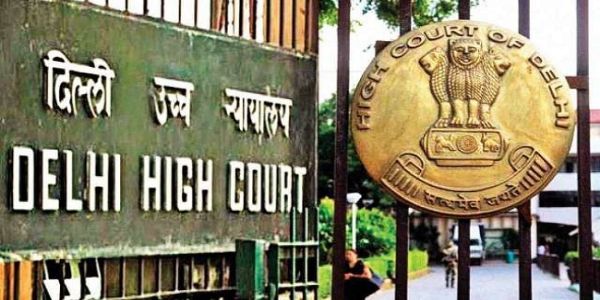
New Delhi, August 12(HS): Prime Minister Narendra Modi on Tuesday drew public attention to two transformative government initiatives, underscoring his administration’s dual focus on public health equity and agricultural resilience. Through posts made via the Prime Minister’s Office (PMO) handle on X (formerly Twitter), PM Modi shared thought pieces by Union Minister Jagat Prakash Nadda and Rajya Sabha MP Satnam Singh Sandhu, each reflecting the Centre’s ambitious, long-term vision in their respective sectors.
Targeting a Generational Health Challenge: Sickle Cell Anaemia Elimination Mission
The PM spotlighted an article by Union Health Minister Jagat Prakash Nadda, who argued that India is entering a “new era in public health” with the National Sickle Cell Anaemia Elimination Mission. The mission’s bold objective is to eradicate Sickle Cell Disease (SCD) from India by 2047, coinciding with the centenary of India’s independence.
Sickle Cell Anaemia, a hereditary blood disorder that disproportionately affects tribal communities and other vulnerable groups, has long been associated with high mortality, chronic pain, and diminished quality of life. The initiative represents not just a healthcare drive but also an equity and dignity mission, ensuring marginalised populations receive timely screening, genetic counselling, and advanced medical interventions.
PM Modi’s endorsement framed the programme as a landmark in addressing both scientific and social dimensions of disease control: “From tackling a genetic disorder to ensuring equity and dignity, India’s mission marks a new era in public health,” read the PMO’s post.
Empowering the Fields: Farmer-First Approach in Agriculture
In a separate post, the Prime Minister shared an article authored by Satnam Singh Sandhu, which shines a spotlight on the government’s farmer-first agricultural policy framework. The article credited a cluster of reforms and schemes — including crop insurance coverage, issuance of soil health cards, direct benefit transfers (DBTs), and modern irrigation systems — with driving a surge in farm productivity and creating economic stability for India’s rural population.
According to Sandhu, these measures have addressed fundamental rural challenges:
- Crop insurance has mitigated risks from climate and market volatility.
- Soil health cards have promoted evidence-based farming and reduced input costs.
- Targeted DBTs have enhanced transparency and timely delivery of financial support.
- Modern irrigation infrastructure has improved water-use efficiency and increased yields.
The PM hailed the write-up as an “insightful read” showcasing how targeted agricultural policy can strengthen livelihoods, safeguard farmers from uncertainty, and build a resilient food security chain for the nation.
A Vision for 2047: Linking Health and Food Security
While the two initiatives target distinct sectors, both represent the government’s push for long-horizon, structural reforms designed to deliver results decades into the future. Public health experts note that eliminating a genetic disease like SCD by 2047 will require unparalleled coordination among public health bodies, state governments, research institutions, and grassroots health workers.
Similarly, ensuring agricultural resilience in the face of climate change, depleting groundwater, and market pressures will demand sustained investment, technology adoption, and farmer-centric governance.
As India moves toward Viksit Bharat 2047, both missions — a disease-free generation and a secure, empowered farming community — could well define the country’s socio-economic trajectory.
---------------
Hindusthan Samachar / Jun Sarkar








